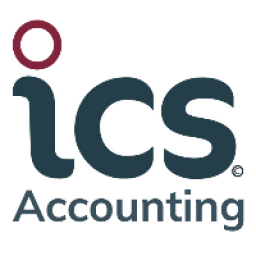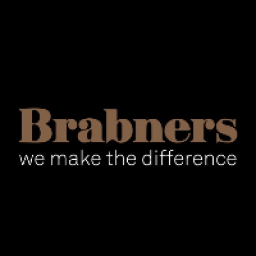If you have recently been considering setting up a new business, there will be a number of matters you will need to consider. Firstly, you will need to consider which corporate structure is most suitable and choose the right structure for your family business.
There are a number of different trading vehicles available to carry on a family business in the UK and selecting the right one for your business will depend on a number of factors.
To assist, we have set out an insight into the most common corporate structures below.
Sole trader
This is perhaps the most common business structure in the UK and accounts for the majority of small businesses. This is because the majority of business owners set up on their own and begin to trade almost immediately. The advantages of a sole trader business include low start-up/administration costs, ease of set-up and the benefit of being able to keep all the profits for yourself after tax.
Whilst a sole trader is essentially their own boss, the downside of this is that a sole trader has unlimited liability for the business in the event that things go wrong. In other words, a sole trader is personally liable for any business actions and debts. For this reason, it may be more difficult for sole traders to secure funding as this business structure is considered more financially risky.
Partnerships
If you are considering starting a family business with another person, it is likely that your business will be a partnership. The Partnership Act 1980 simply defines a partnership as “persons carrying on a business in common with a view to profit” – i.e., you are working together to make a profit. Therefore, some partnerships are formed without the intention of doing so and without the existence of a formal partnership agreement which sets out the terms in which you do business.
It is always advisable to enter into a formal partnership agreement prior to commencing the business. This will provide certainty as to profit and loss distributions, decision making and termination of the partnership in the event of a disagreement between the partners. As with sole traders, the disadvantage of a general partnership is that the partners will each have unlimited liability for the debts and obligations of the business.
Limited Liability Partnerships (LLP)
In contrast to a traditional partnership, an LLP is a separate legal entity and will be liable in its own right. This means its members will only be liable for the amount of money that they invest in the business, subject to any personal guarantees. As with a general partnership, we would always advise entering into an LLP agreement setting out how the business will operate, distribution of profits, responsibilities of the members and any termination arrangements. All members will be taxed in accordance with their share of the LLP income.
A disadvantage of LLP’s is the additional administration involved. This is because LLPs must maintain a register of members, as well as prepare annual accounts and make these publicly available via Companies House. The additional accounting and filing requirements with Companies House mean that administration costs are generally higher than in a normal partnership arrangement which does not require any formalities such as this.
A private company limited by shares
The majority of private companies registered in the UK are limited by shares. Once registered, the company exists as a separate legal entity and, as such, any liability will be held by the company and not the shareholders personally. This structure means that you are only liable for the debts of the company up to the value of your share in the business. Further, it is possible for the shareholders to sell shares in the business in order to raise additional capital.
Although there is more administration involved in running a limited company such as annual accounts and tax returns, which must be filed at Companies House and HMRC respectively, there are a number of tax advantages, and your personal assets would be protected in the event of the company becoming insolvent.
There are a whole host of other advantages that come with running an incorporated company. This includes the ability to restructure your business in the event of expansion, as well as being able to hive out certain divisions of the business. If you’d like to explore this option in more detail, please get in touch with our Corporate Team.
A private company limited by guarantee
A private company limited by guarantee is similar to a company limited by shares. However, this structure does not have any shares or shareholders and these companies are often formed by non-profit organisations. The company is owned by the guarantors (or members) whose liability is limited. A company limited by guarantee also avoids the need to transfer a share every time a member leaves or joins and is commonly used by management companies.
A company limited by guarantee must be registered at Companies House with at least one director and one guarantor and their details will be made publicly available. All accounts and annual returns must be filed at Companies House in the same manner as a company limited by shares.
Charities
A charitable company will need charitable status in order to be recognised by law as a charity. It must therefore be established for exclusively charitable purposes. A charity is a status and not a legal form or structure, so it can adopt a number of different legal structures. The most common structures for a charity include trusts, unincorporated associations, companies (most commonly limited by guarantees rather than shares), and charitable incorporated organisations. Each legal structure has its own characteristics and we have a dedicated Charity Team who would be able to advise you further on charitable status and those structures.
How can we help your family business?
There are many more benefits and aspects to consider for each of these common structures. We can advise you on these options and help you understand the right structure for your family business and what this means for you moving forwards.
Please don’t hesitate to get in touch with a member of our Family Business Team to discuss how we can assist you with any of the matters covered in this article.
 Fleetmaxx Solutions
Fleetmaxx Solutions





